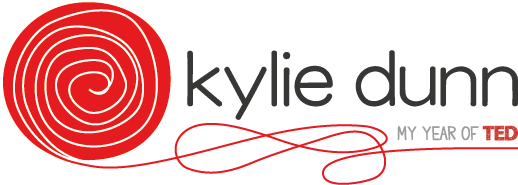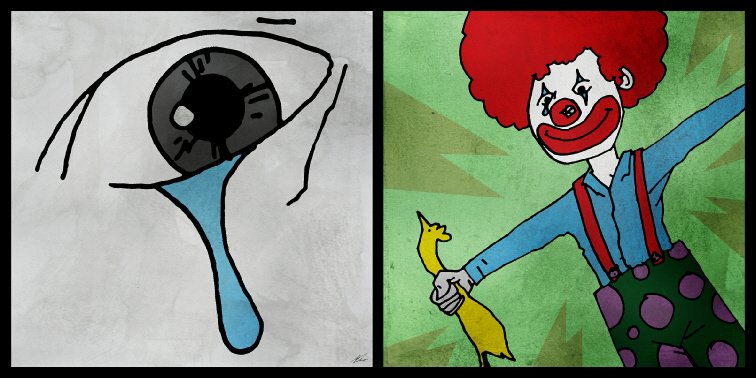Activity 11 - 30 days of preconceptions
As human beings it is part of our nature to classify everything - animals, plants, books and of course people. The problem is that in our haste to classify the things we often only see one part of a person/event and make snap judgements, and snap judgements create stereotypes. And of course the media pushes stereotypes down our throats - current affairs programs show us that all lower socio-economic people are slackers, all 'boat people' are terrorists and queue jumpers, and all elderly people are gullible pensioners just waiting to be duped.
This is why, when I heard Chimamanda Adichie's talk I knew that it would be the basis of an activity for the project.
The talks
There are three talks that have informed this activity, seems to be a trend at the moment. The first talk is Chimamanda Adichie: The danger of a single story which is about how we limit the way we think of others and even ourselves if we limit ourselves to a single story of cultures, races and people in general. The second talk is Bill Strickland makes change with a slideshow which is an incredibly inspirational talk about not believing the stereotypes around poor people, and the power of treating them like they deserve more. The third talk is from Derek Sivers: Weird, or just different? which is a simple idea that something that is obvious to our culture may be completely different in another culture, but just as valid.
The challenge
The focus of this activity is to challenge my own preconceptions of people and events based around their story and what I think I might know. I know that I am just as guilty of this as everyone else. I have my own preconceptions about cultures, races, countries, politics, as well as lesser characteristics. Whilst I might try not to think of the world, and the people of it, in a black and white/stereotype way - well I am human and that is how we function.To focus on those preconceptions/stereotypes and even prejudices for 30 days and try to acknowledge and overcome them will be a huge challenge.
The activity
There are two main parts of this activity:
Maintain awareness of when I am judging people or thinking of them based on a single story or a preconception of them. When I catch myself doing this I need to think about whether the assumptions that I am making about them alters the way I treat them, as opposed to other people in the same situation. And yes I know that there is a part of this that is fundamental to practising compassion.
This is the more time consuming part of the activity. I will make a concerted effort to find out more than the single story that the media might be pushing about a person, event, incident etc.
A great example of the latter part of this activity is Kony2012. I watched the YouTube video, along with millions of other people, and I was moved in a very emotional way about their cause and what they were trying to do. But I didn't think about the other stories that might be around this, which have come out in a very big way since the launch of Kony2012.
The thing is that when I heard the first lot of criticism I was a bit close minded to it, after all I had emotionally invested myself in the cause through the movie. But then I realised that I should find out more about it, that there were passionate people speaking out against it and they must have a reason why. So I read quite a few articles about the issues people have with the Invisible Children, and I think that some of the criticisms are legitimate. So now I am sort of Kony neutral. I hope that they find him and prosecute him, but I am not willing to put my time, effort or money into it.It will be a hard 30 days, since I intend on challenging my beliefs, which is never an easy thing. But I really feel that this is an important activity to do.

